The Terminal Symphony has skipped to a completely different decade to assimilate data as a reference base for its sound palette, exhibiting an obsessively rigorous compositional style that coalesces into Rene Hell’s strictly electronic take on classical minimalism.

Rene Hell :: The Terminal Symphony [Release page]
So you think you know what to expect from Rene Hell’s second LP for the Type label do you? Probably best you think again then. On Porcelain Opera – his debut for the Type label that was supported by the exquisite bonus album Rogue Camera – Jeff Witscher was operating in distinctly kosmische territory, though his heady garnish of bubbling vocal samples and high pressure atmospheres firmly embossed his unique stamp on the genre. But with a sonic template based more around experimental nineties electronica The Terminal Symphony has skipped to a completely different decade to assimilate data as a reference base for its sound palette, exhibiting an obsessively rigorous compositional style that coalesces into Rene Hell’s strictly electronic take on classical minimalism.
Not that this is immediately apparent as “Chamber Forte” kicks off, a ferocious snarl and airplane drone reminiscent of “L. Minx” combining with the electric buzzing, smashing and shattering that characterized his previous album, but this soon dissolves into frozen, high altitude synthesizer strings that parachute the listener into Witscher’s new sonic domain. “Quiet Detail Muse” also heavily features the burbling vocal samples that are a Rene Hell trademark before “Cello Suite No. 3” severs all links to sounds past, a minimal array of computer bank beeps, pings, twangs and hisses right out of a sci-fi movie vision of some odd, dystopian future. In other hands this might have just sounded like a random collection of sonic debris, but the piece has been so assiduously constructed that even before an ephemeral analogue arpeggio fades in the piece seems to have a clear structure and form.
Some albums may dazzle, glitter and shimmer, but few do so with the blinding intensity of The Terminal Symphony and never more so than on the scintillating “E.S. Des Grauens in Fifths.” Here, the classical and baroque influences are truly obvious, as are the sounds of the classic Moog synthesizer, as it builds from a repeating two note analogue waltz into an exquisite choir of rolling arpeggios, bass synth pads, ascendant washes and mesmerizing swarms of meticulously arranged, dancing beeps and bleeps.
The Terminal Symphony clocks in at a modest thirty-eight minutes across ten tracks, but it’s interesting to note that even some of the shortest pieces are actually composed of a number of distinct movements that could just as easily have been separated into even smaller tracks. The computer mainframe blitter and chatter of “Baroque Ensemble Coda” only lasts for the first one and a half minutes before abruptly cutting to the hubbub of conveyor belts on some factory floor. It’s also very obviously the coda that ends the first of the album’s two distinct movements, just as it is clear, even on the compact disc version of the album, that “Lighthouse Marvel” boldly introduces the second.
The smeared, bleached out and flat colours of seventies television are constantly merged with loud, nineties experimentation. There’s the tinny harpsichords of “Juliard Op. 66” bristling with brightly coloured synth keys, the wowing, off-kilter warbles and flutters of “Oxford Meter End” and a sort of lo-fi texture running through “Detuned Clarinet” that is quite endearing in the context of the Vangelis pitch-bending and urban atmospherics that surround it. Rounding things out in unforgettable style, “Adagio for String Portrait” immediately brings to mind the translucent, glowing but melancholy beauty of track twenty-four on Aphex Twin’s seminal Selected Ambient Works 2.
Embracing a clean, crisply minimal yet once again extremely detailed and multi-faceted sound, The Terminal Symphony has been composed and produced with an obsessive, almost pixel perfect precision and detail, a stark contrast to the free-form, flowing and spun-out nature of Porcelain Opera and a deliberate reaction to the extended drones so prevalent on the scene today. A breath of fresh, cool air arriving right when it was needed, The Terminal Symphony comes highly recommended.
:::….:.:::….:::::::..:::::…..::..::::…::::.:.::::..:::…:::….:::.::::.:.::.:::.:::.:::…:::..::…::
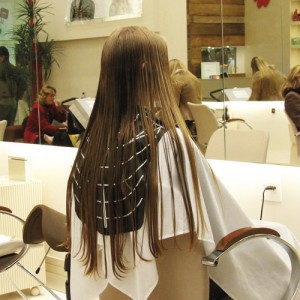
Rene Hell :: The Hilton
These marvellous LP + bonus CD packages from Type are always a special treat and resulted last year in one of the strongest bonus discs from the label so far: ‘Rogue Camera,’ a collection of tracks old and new that came together to form a surprisingly strong and coherent album in its own right. Witscher does it again with The Hilton, providing a disc that is both complimentary and compelling. It may be a little less consistent than Rogue Camera with far more peaks and troughs, but there is some stunning work here.
Opening track “Maze Delete” will be far more readily recognizable as a Rene Hell track, featuring as it does many of the kosmische elements that flowed through his previous Type work – the metallic cable-twangs, the analogue pads, the percussive splash and swish – but this doesn’t last long. The Hilton feels, if anything, like a bridge between Porcelain Opera and The Terminal Symphony drawing elements from both, often on the same tracks.
The haunting sci-fi fantasy “Ris X” has everything from evocative atmospherics, CD-jitter, sweeping Vangelis synth strings, a warm, organic bass pulse straight out of a Howard Shore scored David Cronenberg movie, the shuttered noise of hovercopters overhead… it is sheer retro-futuristic bliss. “Theatre” spills from all corners of the soundstage like a demented, twittering church organ recital weaving its way toward the listener through vaulted cathedral columns and shadowy vestibules whilst “Chamber Music” is appropriately warm, friendly and intimate, perhaps more than any other track on The Hilton sounding like it was originally intended to be included on The Terminal Symphony.
Similarly, the nine-minute “Bending {Voice}” feels like an outtake from Porcelain Opera at first, as once again Witscher is twisting and distorting voices in that ethereal way of his, this time using it as the core element of the piece as it coils around itself in discordant strands. But like The Terminal Symphony the track doesn’t stand still or embrace one sound for long, blossoming into rapidly chiming bells and dramatic bassy pipe organ drones.
There are a few moments on The Hilton that feel like filler, though. Both “Apx Ladi” and “Auden TM” are very short entries that lack the same meticulous construction as pieces like “Cello Suite No. 3” or “Oxford Meter End” and would not have made great substitutes, whilst “Walking {In Tune}” seems too wild and improvised to be truly memorable.
There’s quite a varied array of styles on display at The Hilton which consequently means it doesn’t hang together as a standalone album quite as well as Rogue Camera, but one does get the impression that if some tracks had simply been omitted, the rest could have quite comfortably sat with those on The Terminal Symphony to create a formidable extended album. For this reason it is absolutely worth tracking down a vinyl edition to own this superb collection of additional material.
Both releases are out now on Type. [Purchase]
[soundcloud url=”http://api.soundcloud.com/playlists/646875″ params=”show_comments=true&auto_play=false&show_playcount=true&show_artwork=true&color=1e81c4″ width=”100%” height=”285″ ]






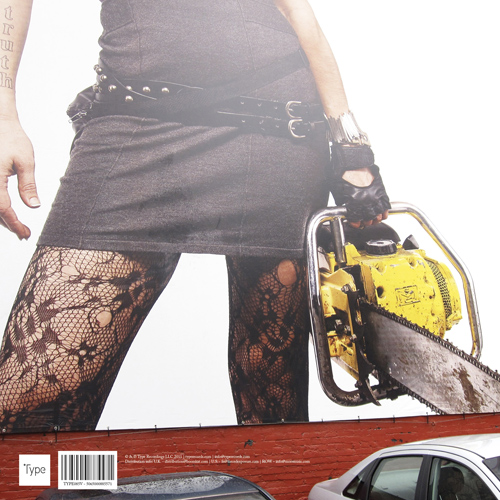

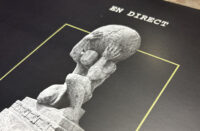
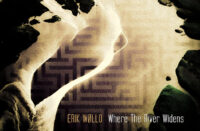


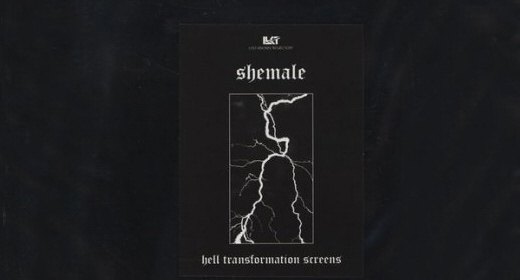
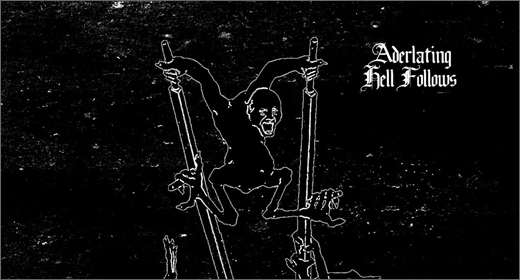
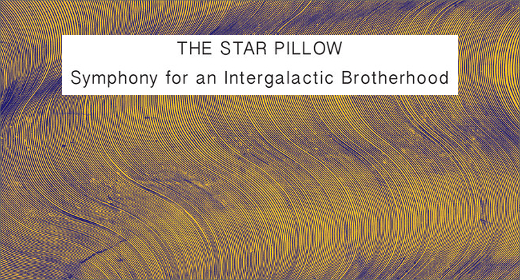
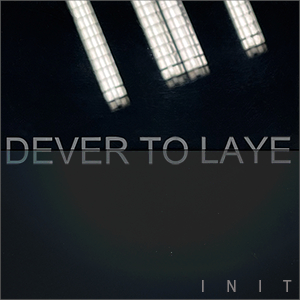







![Romanowitch :: A critical season substitute (glitch.cool) — [concise]](https://igloomag.com/wp/wp-content/uploads/2025/03/romanowitch-a-critical-season-substitute_tape_feat-75x75.jpg)


